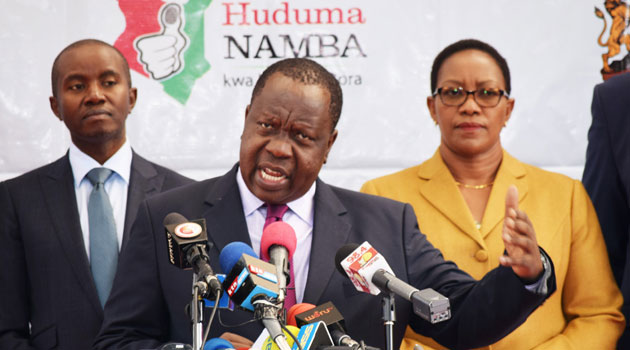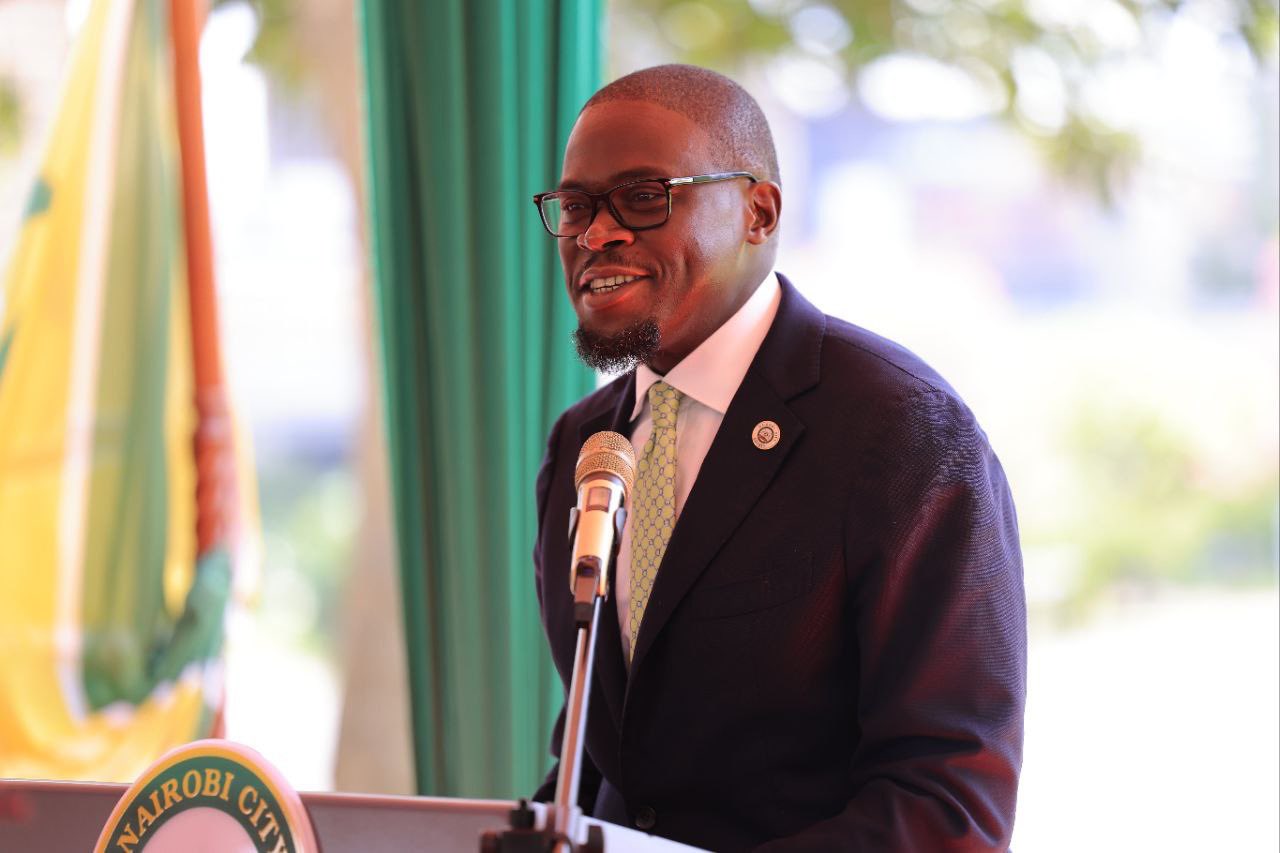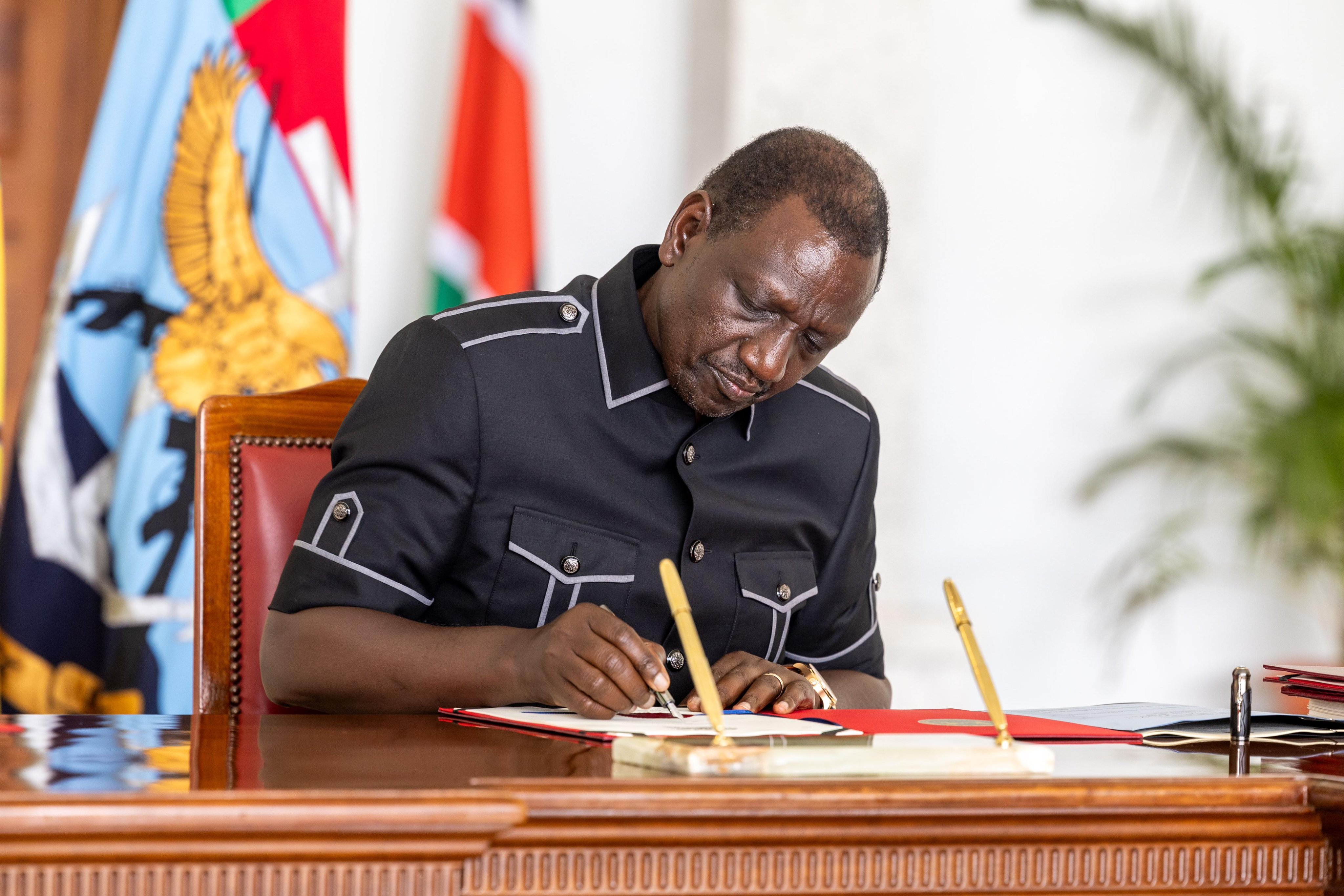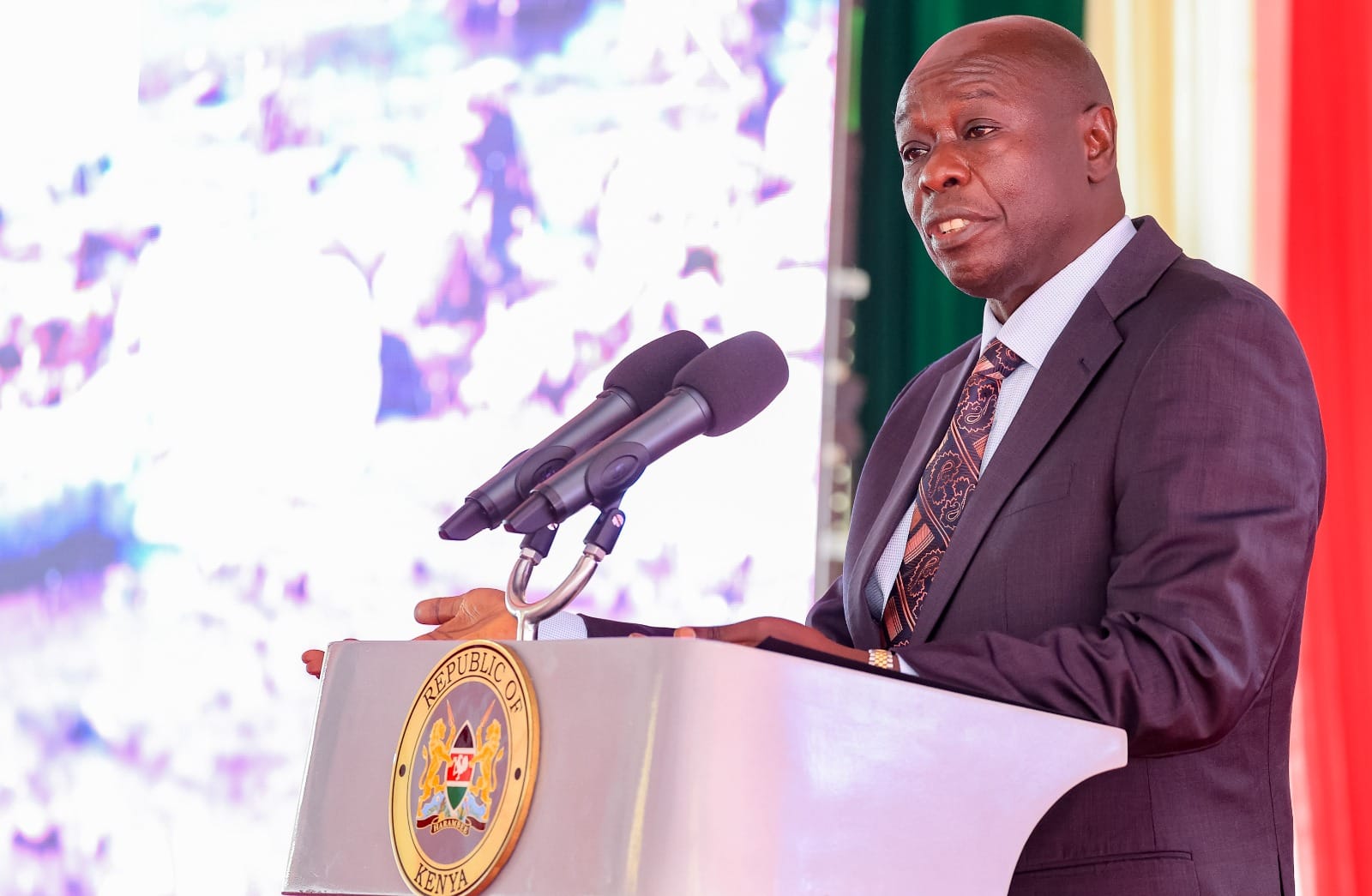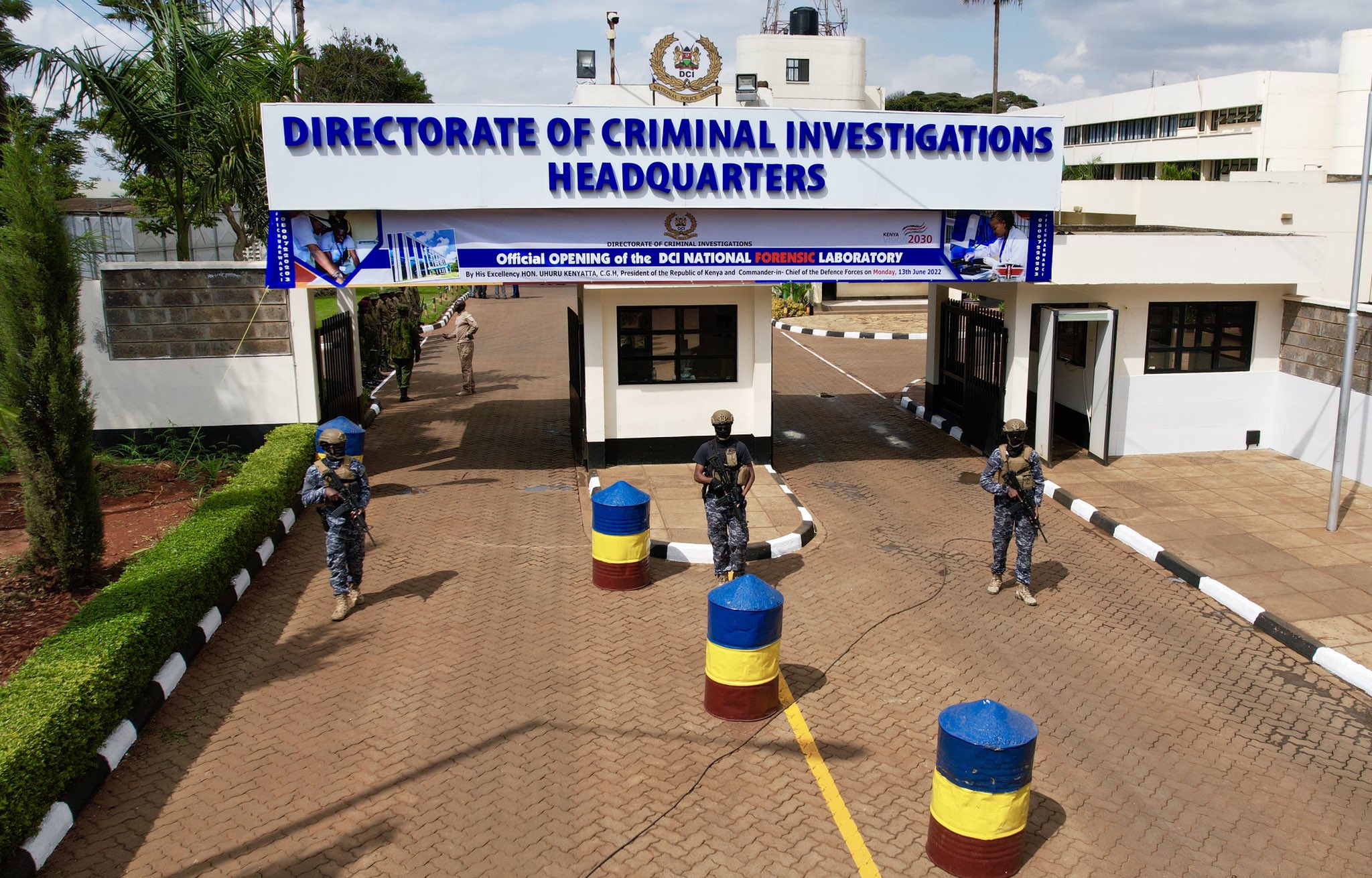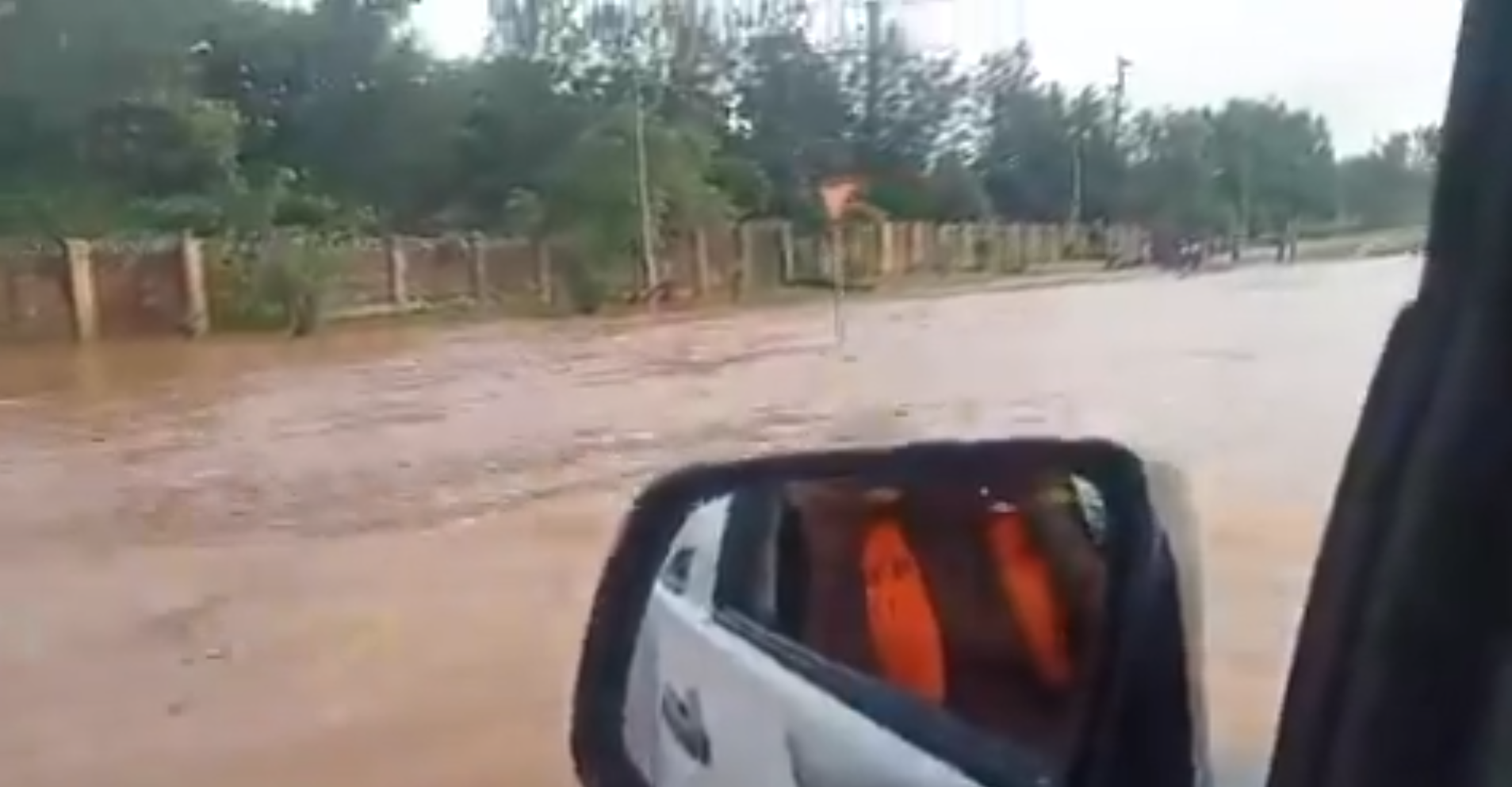Interior Ministry Cabinet Secretary Fred Matiang'i has revealed that the government is set to launch a team to map out 'hate speech hotspots' ahead of the 2022 general elections.
The multi-agency team will begin the task of mapping out areas where speeches that could spark violence in the country occur from as early as next week.
This team will complement the job done by the National Cohesion and Integration Commission (NCIC) which has at times seemed like a toothless dog. The commission has previously summoned politicians for hate speech with most of these cases dying sow deaths away from the public eye.
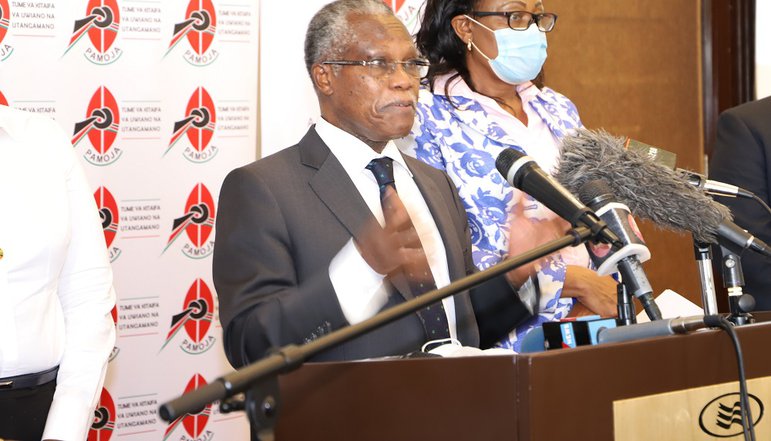
NCIC Chairman Samuel Kobia/ Photo Courtesy
Read More
In a country where politics at its most basic level is ethnic, the team will have its work cut out with politicians being the key protagonists in the tribal divisions that spike during the electioneering period.
Dating as far back as 1992 during the return won multi-partyism, general elections have been a violent experience with the exception being 2002 when the opposition united to kick out KANU.
Kenya experienced her worst period of violence since she gained independence in 1963 when sporadic occurrences of chaos before the December 2007 elections spiralled into ethnic cleansing under the guise of post-election violence.
Over one thousand people died with hundreds of thousands more displaced from their homes.
This culminated in 6 Kenyans being hauled off to the International Criminal Court (ICC) at the Hague, Netherlands.
Two of them, Uhuru Kenyatta and William Ruto, have since been elected as President and Deputy President of Kenya, positions they've been elected to twice.
